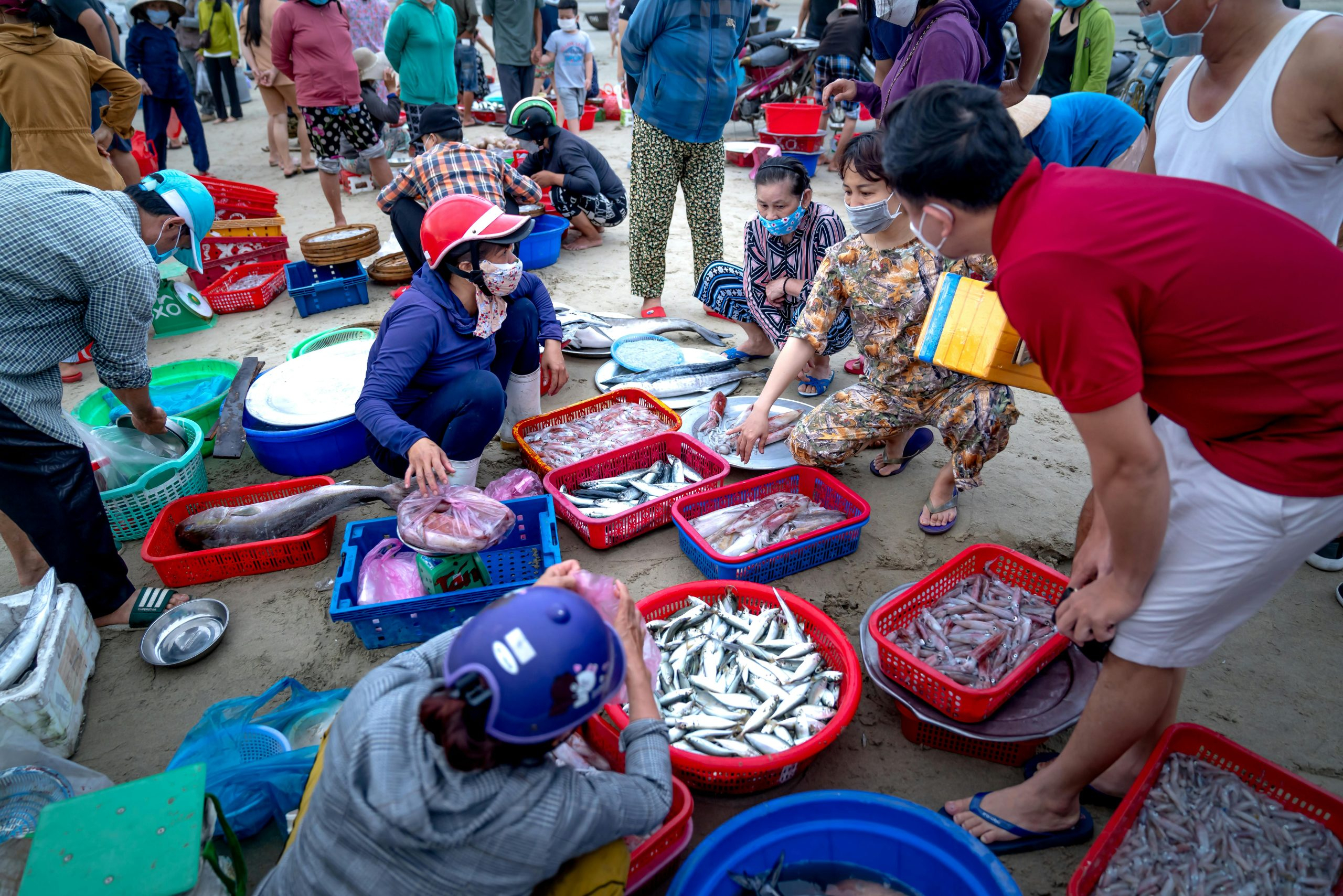Cultural Etiquette Mistakes That Offend Local Communities
When traveling to a different country, it’s crucial to be aware of cultural differences and to show respect for the local customs and traditions. What may be acceptable in one country, may be considered rude or offensive in another. As a visitor, it’s important to understand the cultural etiquette of the place you are visiting. Not only does this show respect for the local communities, but it also helps to avoid any potential misunderstandings or conflicts. In this article, we will discuss some common cultural etiquette mistakes that offend local communities, and how to avoid them. 
Not Addressing People Respectfully
One of the biggest cultural etiquette mistakes that people make when traveling is not addressing others with respect. In many cultures, using formal titles and greetings are expected when meeting someone for the first time or when addressing people in positions of authority. For example, in Japan, it’s customary to address someone as “san” after their name, which roughly translates to Mr. or Mrs. Forgetting to use these formal titles can come off as disrespectful and even offensive.
On the other hand, in some cultures, using formal titles can be seen as too distant and may not be expected in informal situations. For instance, in the United States, it’s common to address people by their first names, regardless of their status or position. However, it’s always best to err on the side of caution and ask for guidance from locals on how they prefer to be addressed.
Ignoring Appropriate Dress Code
Another aspect of cultural etiquette that people often overlook is appropriate dress code. What may be acceptable attire in your home country, may not be appropriate in another culture. It’s important to research the dress code of the place you are visiting and dress accordingly. This shows that you respect the local customs and are willing to adapt to their culture.
In some countries, it’s expected for visitors to cover their head or shoulders when entering religious sites or certain neighborhoods. While in other countries, showing too much skin may be considered offensive. In general, it’s best to dress modestly and avoid any clothing that may be deemed offensive or inappropriate.
Disregarding Table Manners
Table manners vary greatly across different cultures, and not adhering to them can lead to uncomfortable and awkward situations. For example, in some cultures, it’s customary to eat with your hands, while in others it may be seen as unhygienic. To avoid offending locals, it’s essential to familiarize yourself with the local table manners before dining out.
Additionally, it’s important to be mindful of any dietary restrictions or food taboos in the country you are visiting. What may be a delicacy in one culture, may be considered offensive or disrespectful in another. It’s always polite to ask about the food being served and to respect any dietary restrictions or preferences.
Being Unaware of Personal Space
The concept of personal space varies from culture to culture. While some countries may have a larger personal space bubble, others may have a smaller one. It’s important to be aware of personal space boundaries and to respect them when interacting with locals. For instance, in some cultures, it’s customary to greet people with a hug or a kiss on the cheek, while in others, a handshake or a bow may be more appropriate.
Being mindful of personal space also applies in public spaces and transportation. It’s important to give others enough space and not to invade their personal bubble, as this can be seen as rude and intrusive.
Conclusion
In conclusion, when visiting a different country, it’s crucial to respect and follow the local cultural etiquette. Not only does this show respect for the local communities, but it also helps to avoid misunderstandings or conflicts. By addressing people respectfully, dressing appropriately, following table manners, and being aware of personal space, you will be sure to make a good impression and have a more enjoyable and respectful experience abroad.











